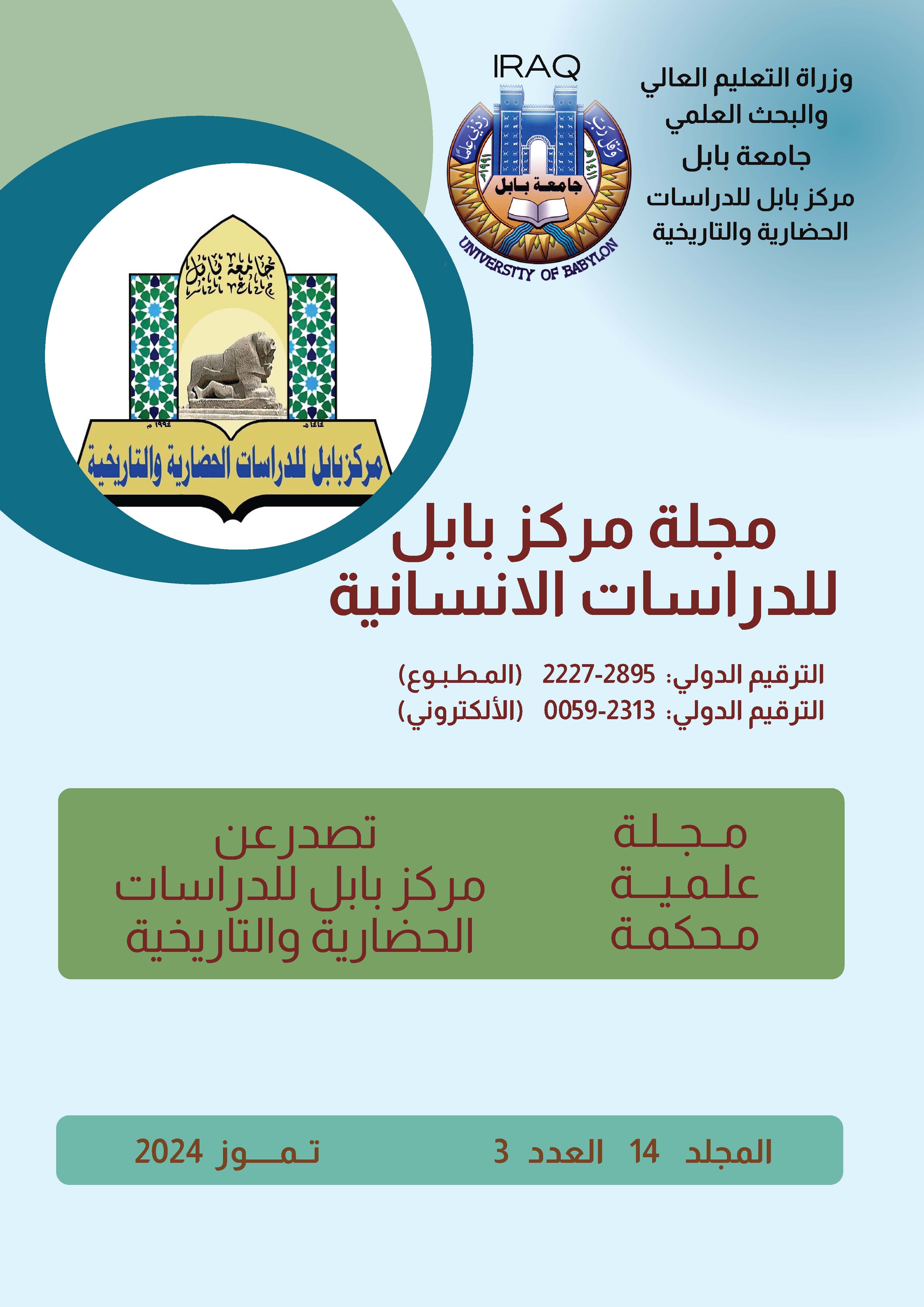The discourse of death in Arab thought and education - a comparative philosophical study
Keywords:
Death discourse, Western and Arab thought, comparative literature.Abstract
The research entitled (The Philosophy and Discourse of Death in Islamic and Pre-Islamic Poetry in Comparison) is summarized. The research is broad in scope, tightly controlled, and limited to cooperation between selected types. It searches for the most prominent similarities, differences, and belief in this truth.
This study dealt with the philosophy of death among the Ash'ara in the pre-Islamic and Islamic eras, in order to identify the most important and prominent goals that led us to know the problem of death and its motives among these poets. We relied on selected poetic texts of verses and pieces, from the collections of poets, and from Arabic sources. Reliable, literary and historical, as the study analyzed these texts and identified the paradoxes, similarities and beliefs that were directly connected to the immediate reality of death, In dealing with poetic models, the study relied on identifying the issues that the Ash’ara addressed regarding the subject of death, presenting each issue separately and supporting it in a way that suits it, and explaining death poetry in most of its topics, which are almost similar. Death, time, the world, eternity, destiny, destiny, heaven and hell were the common denominator. Among the associates; Who participated in dealing with the positive and negative characteristics of death and its motives, which led to similar meanings and images, and this similarity extended to include the artistic styles of death poetry; Although these similarities did not prevent some differences from appearing on the subject of death, poets were known to mention death a lot in their poems, and to meditate and think about it for a long time. To the extent that they addressed profound philosophical issues that had not been addressed before, as Al-Mutanabbi and Al-Ma'arri did.
Death is the inevitable destiny of creation since man stepped on the earth in atonement for his sin of disobeying the command of God, “Glory be to Him,” and he found himself in a world of contrasts and equal opposites, and when he fell under its tyranny, he felt the severity of its impact on his life and the depth of its impact on himself, and it increased in his eyes until his anxiety became his great anxiety and obsession. What is horrific is that it is a separation that cannot be met again and an inevitable end, so the feeling of it has become the only example of human truth.







